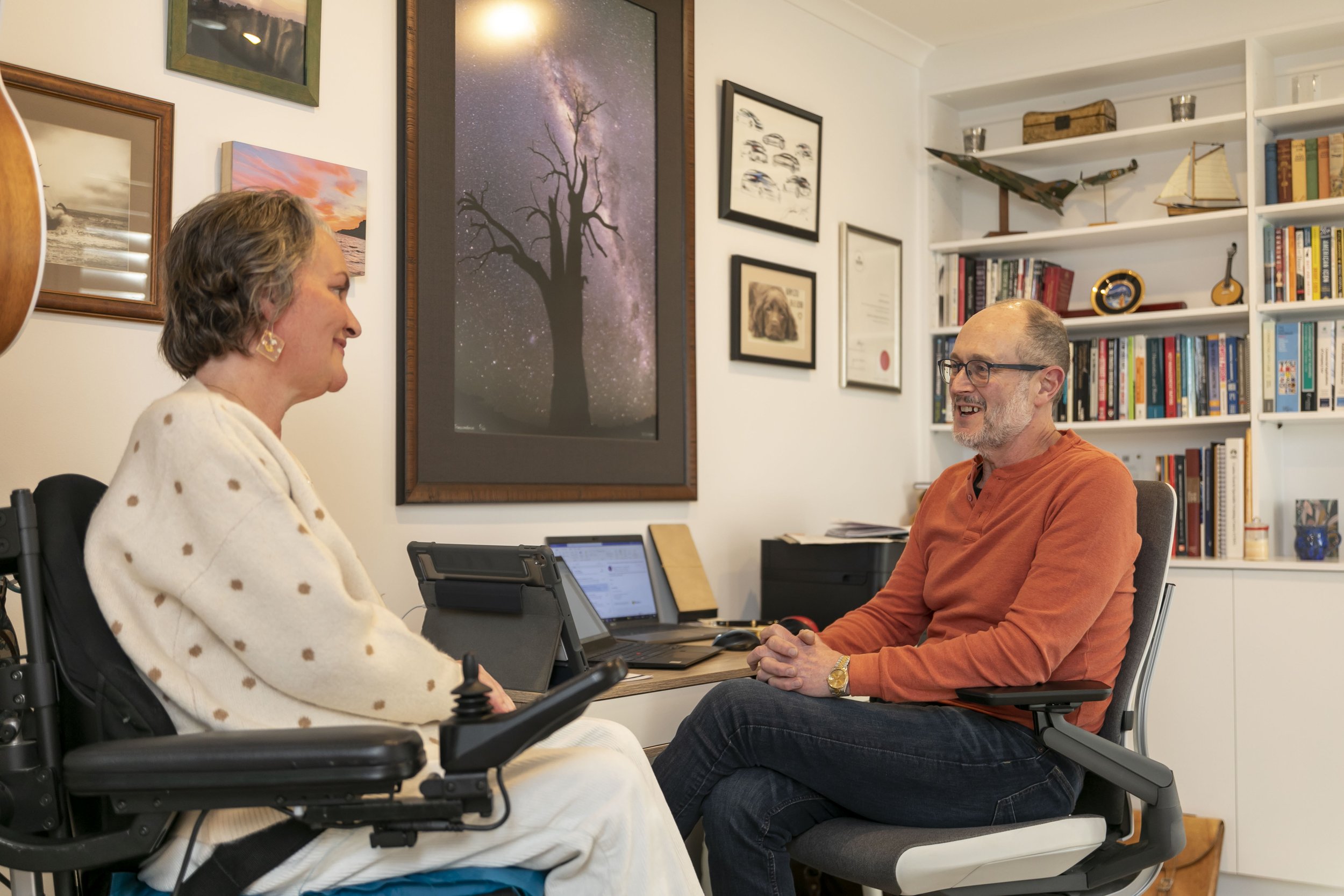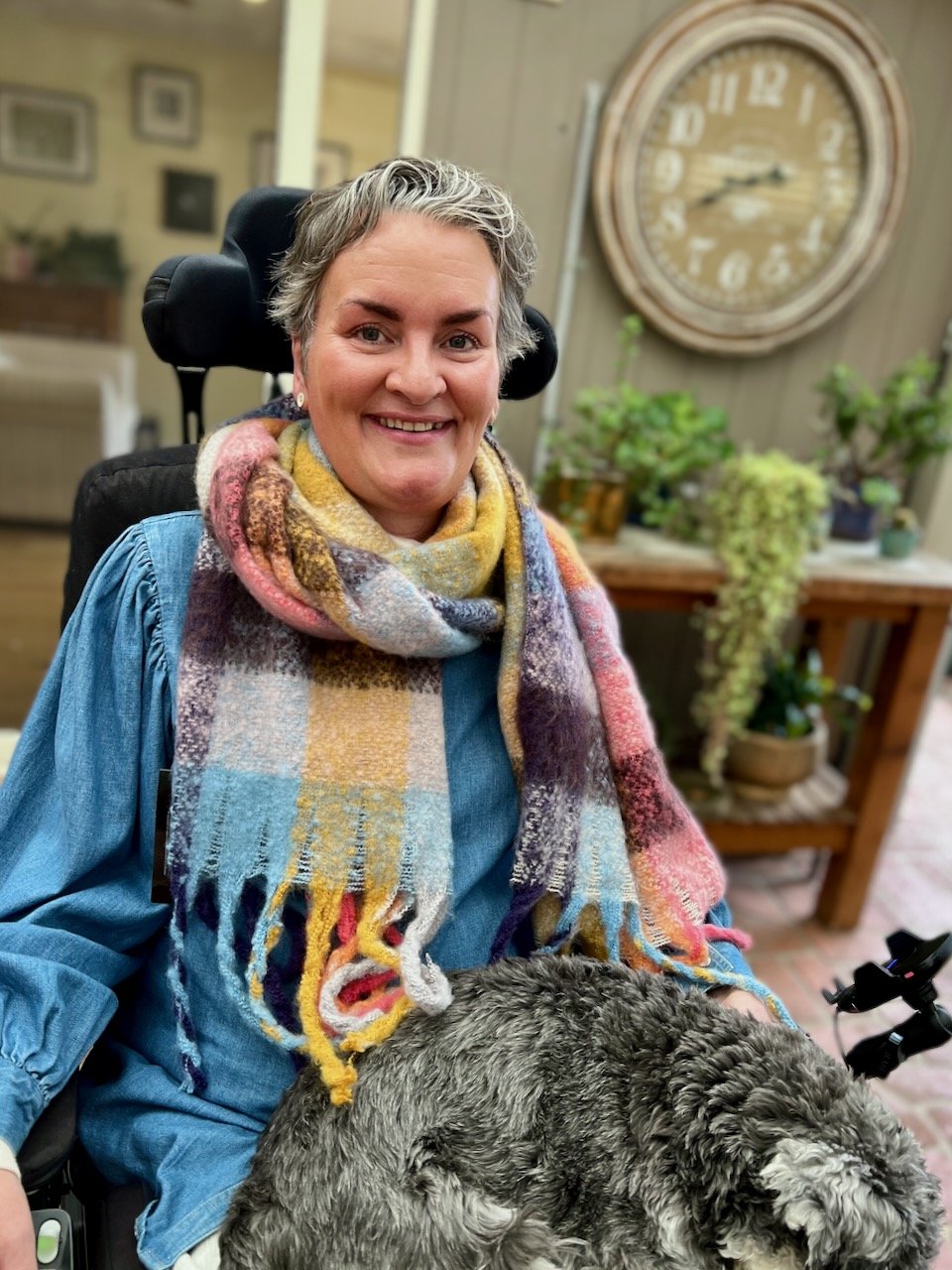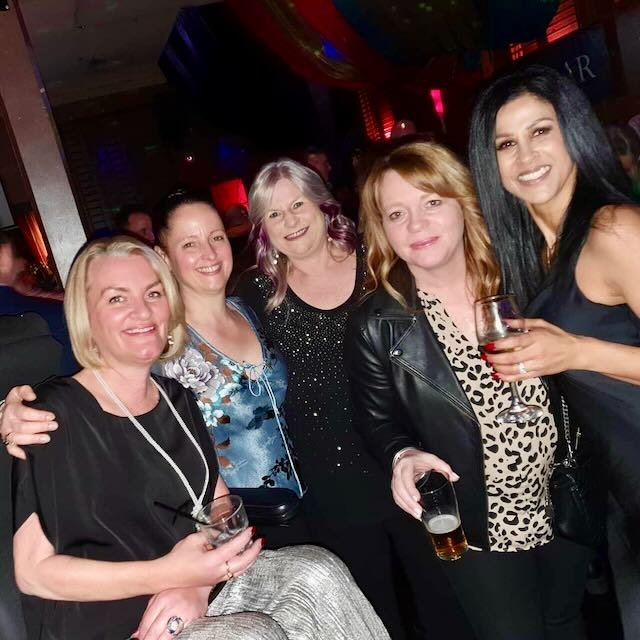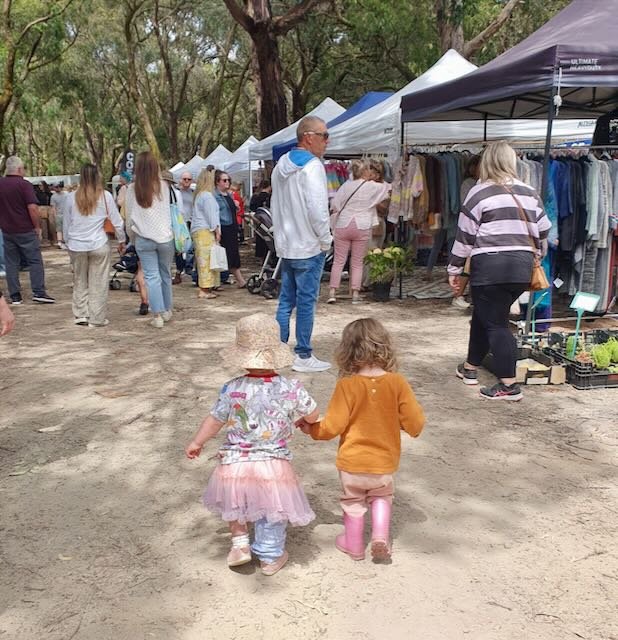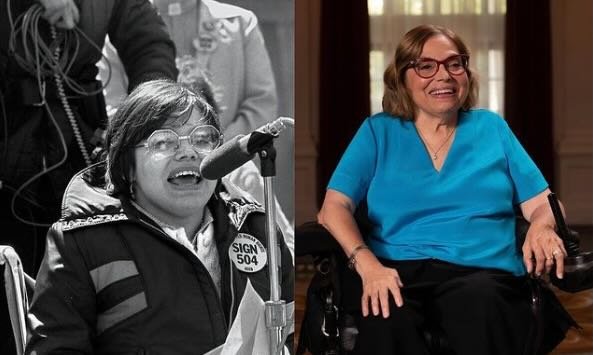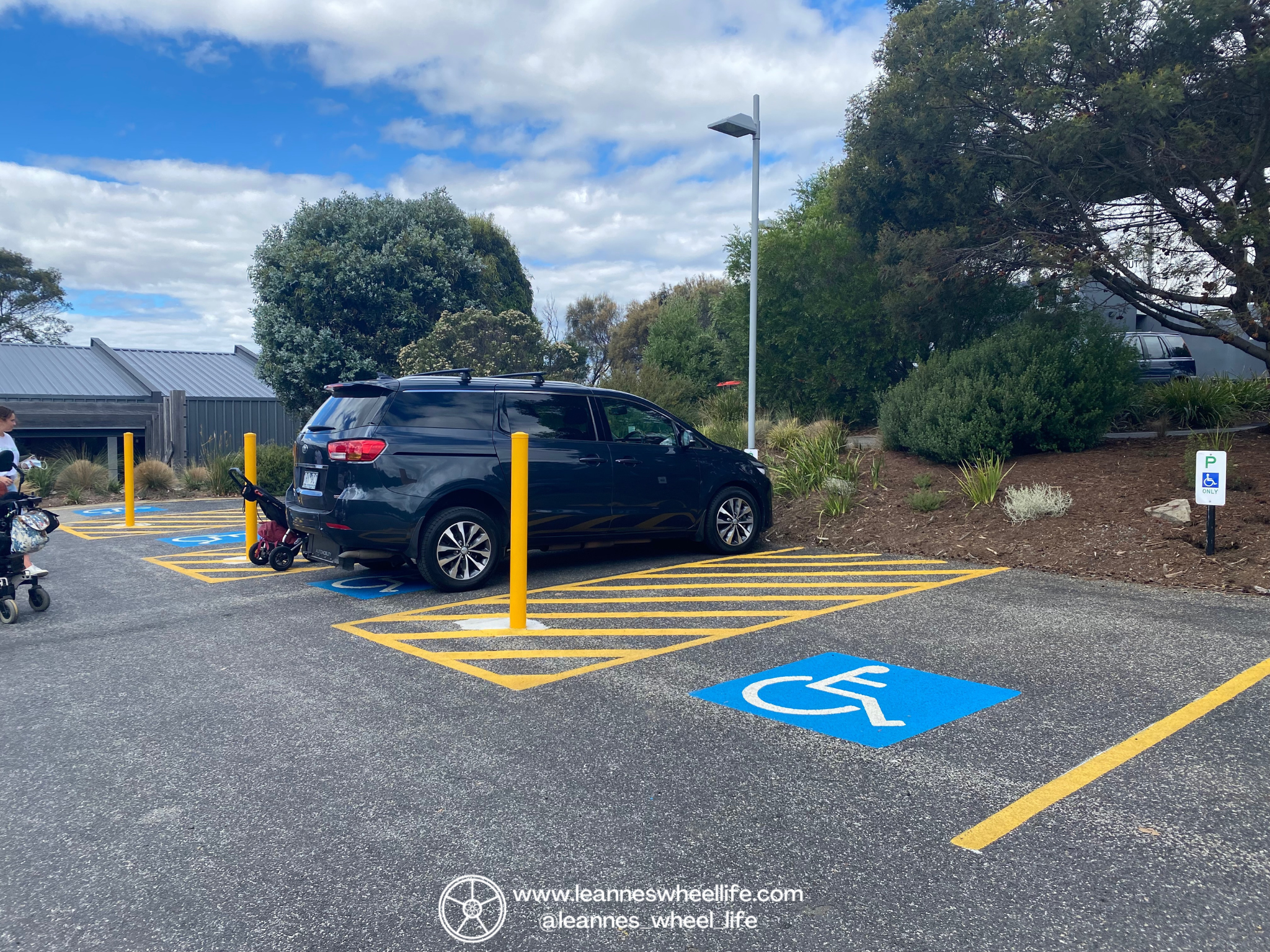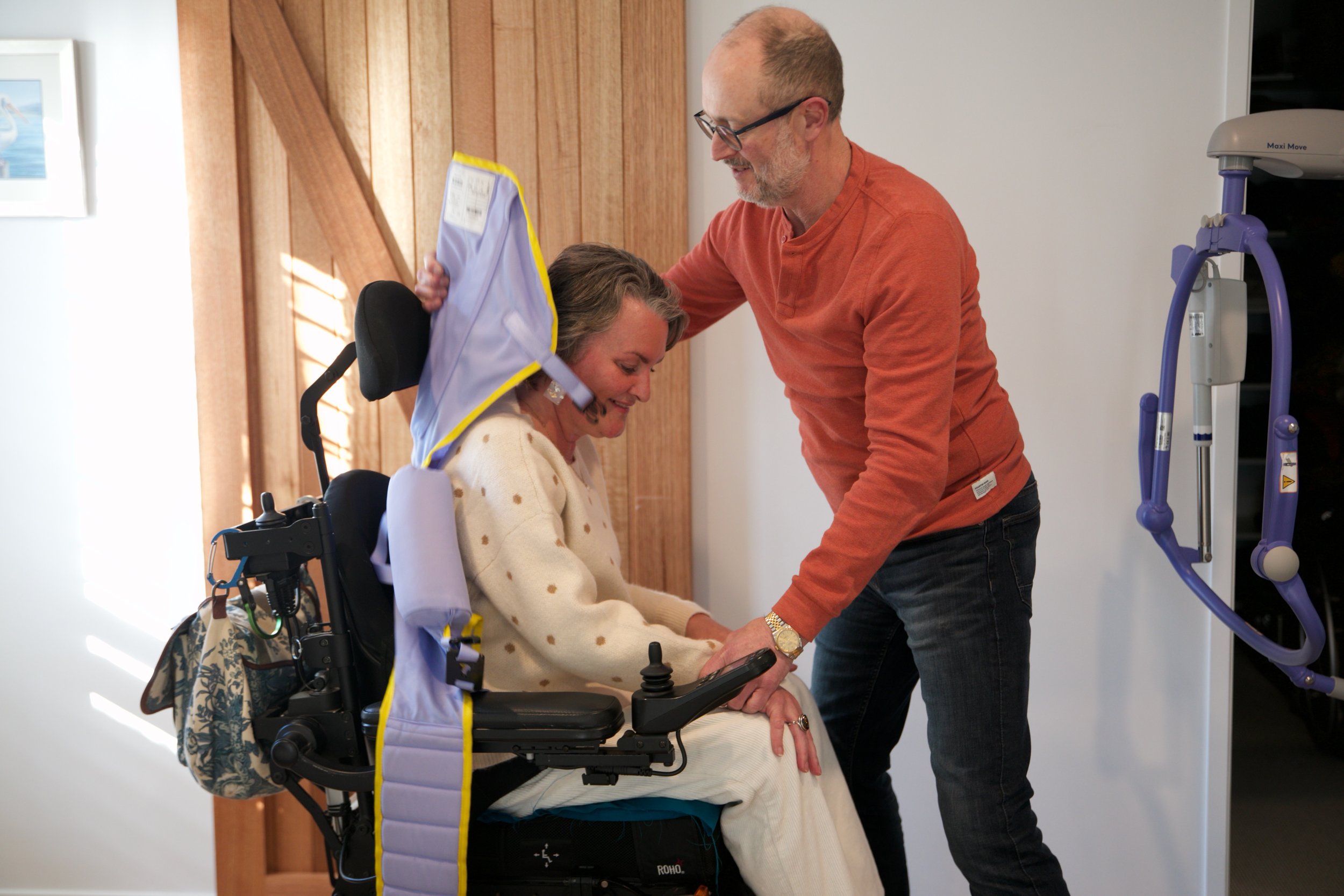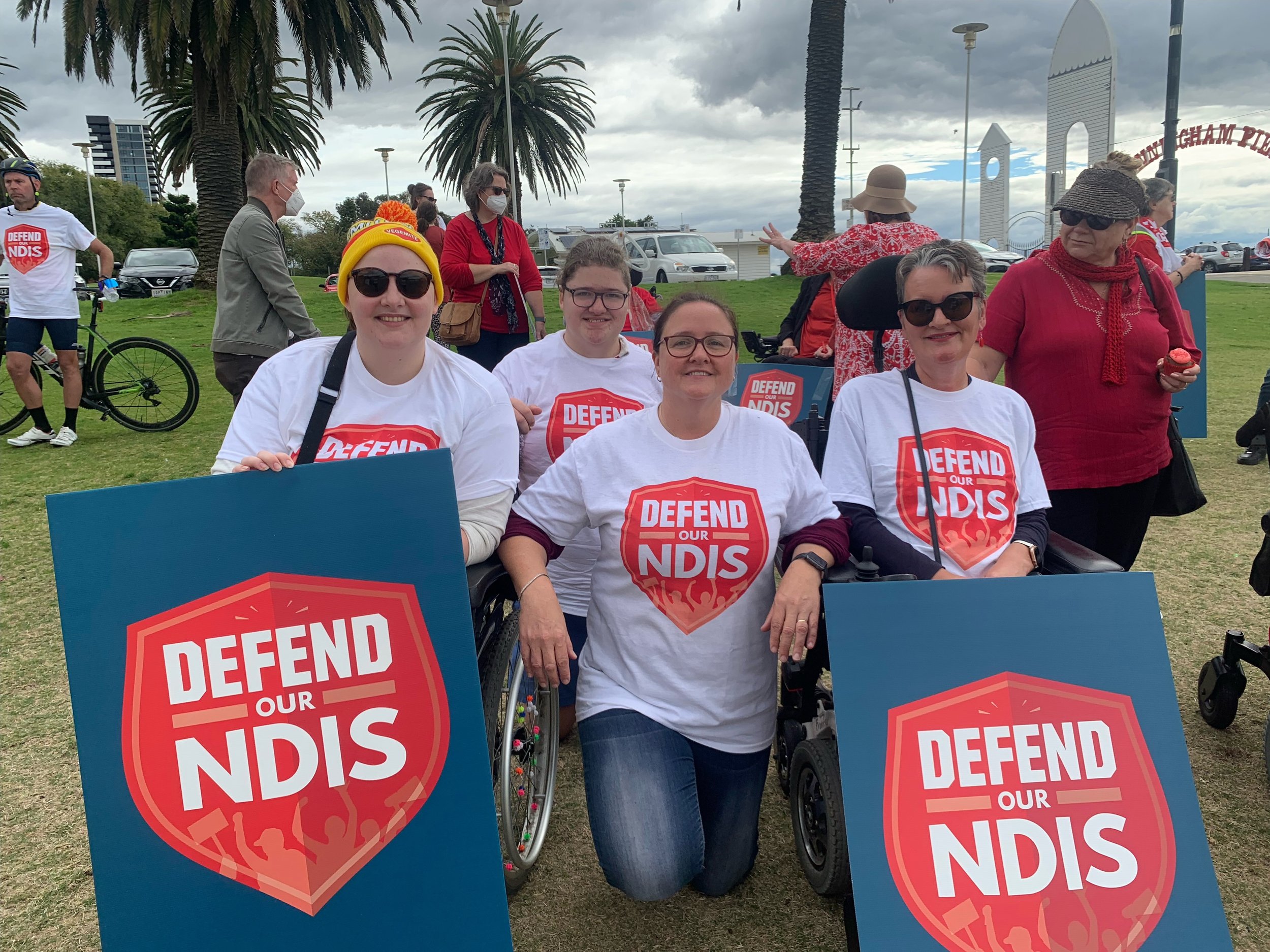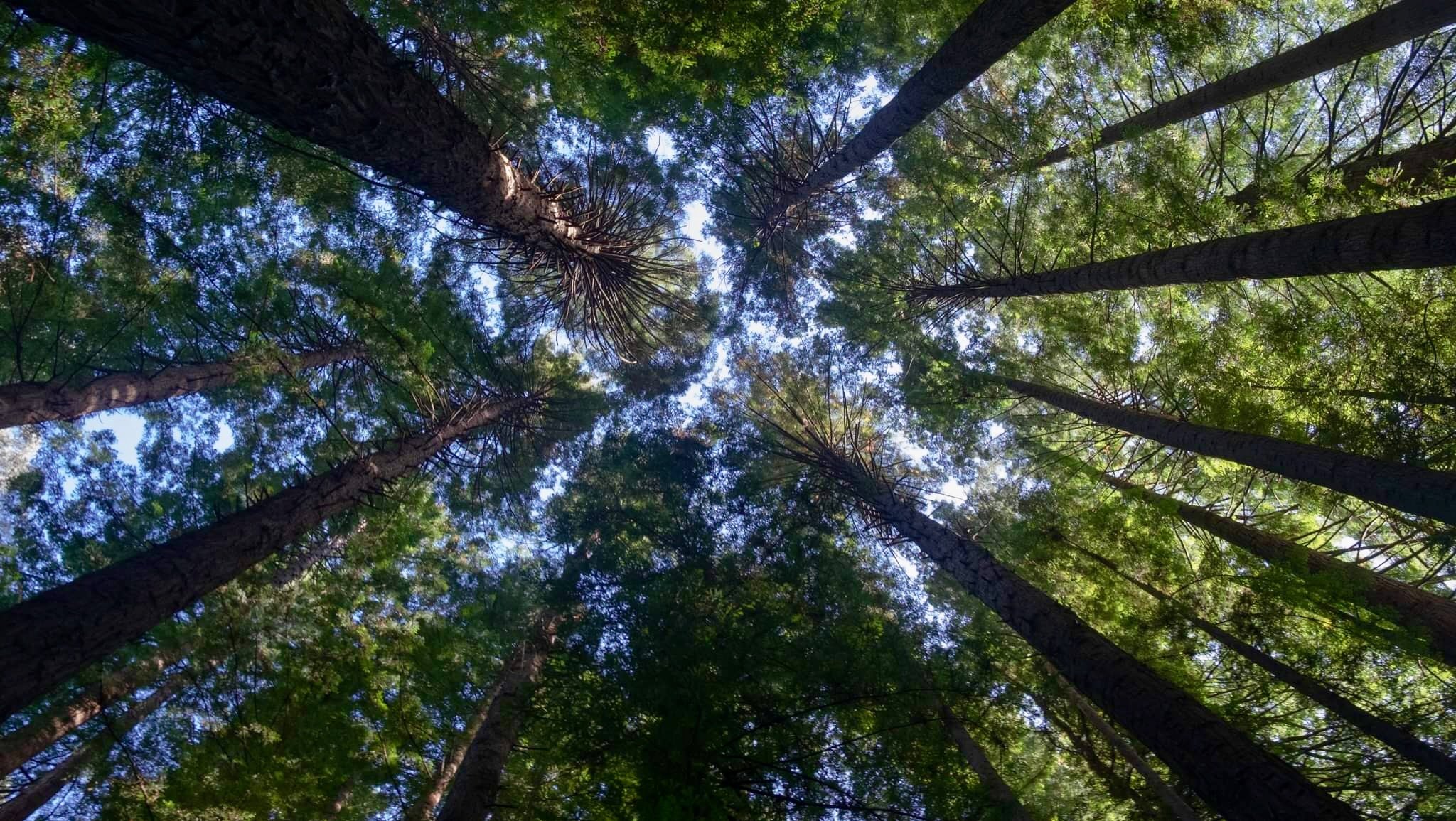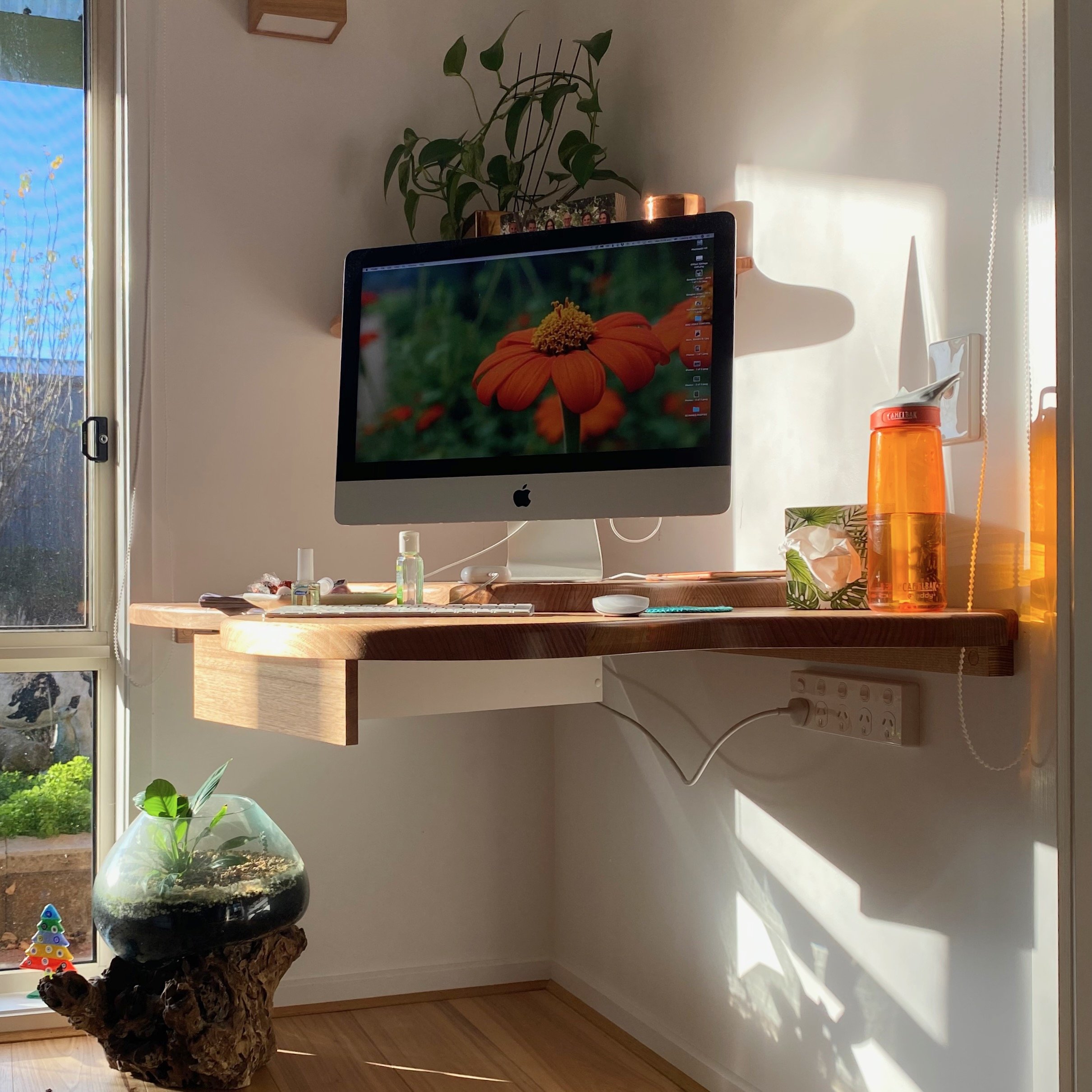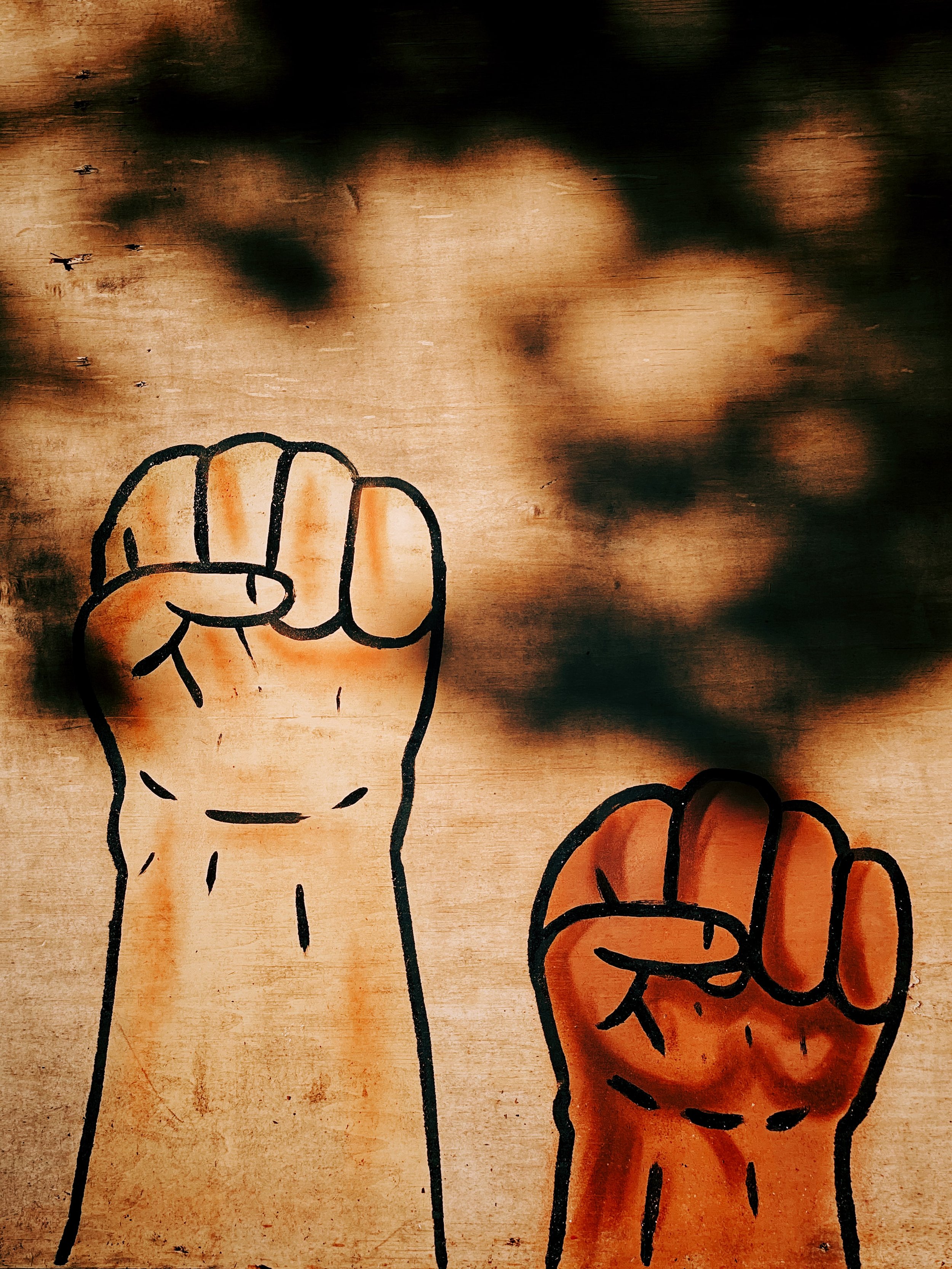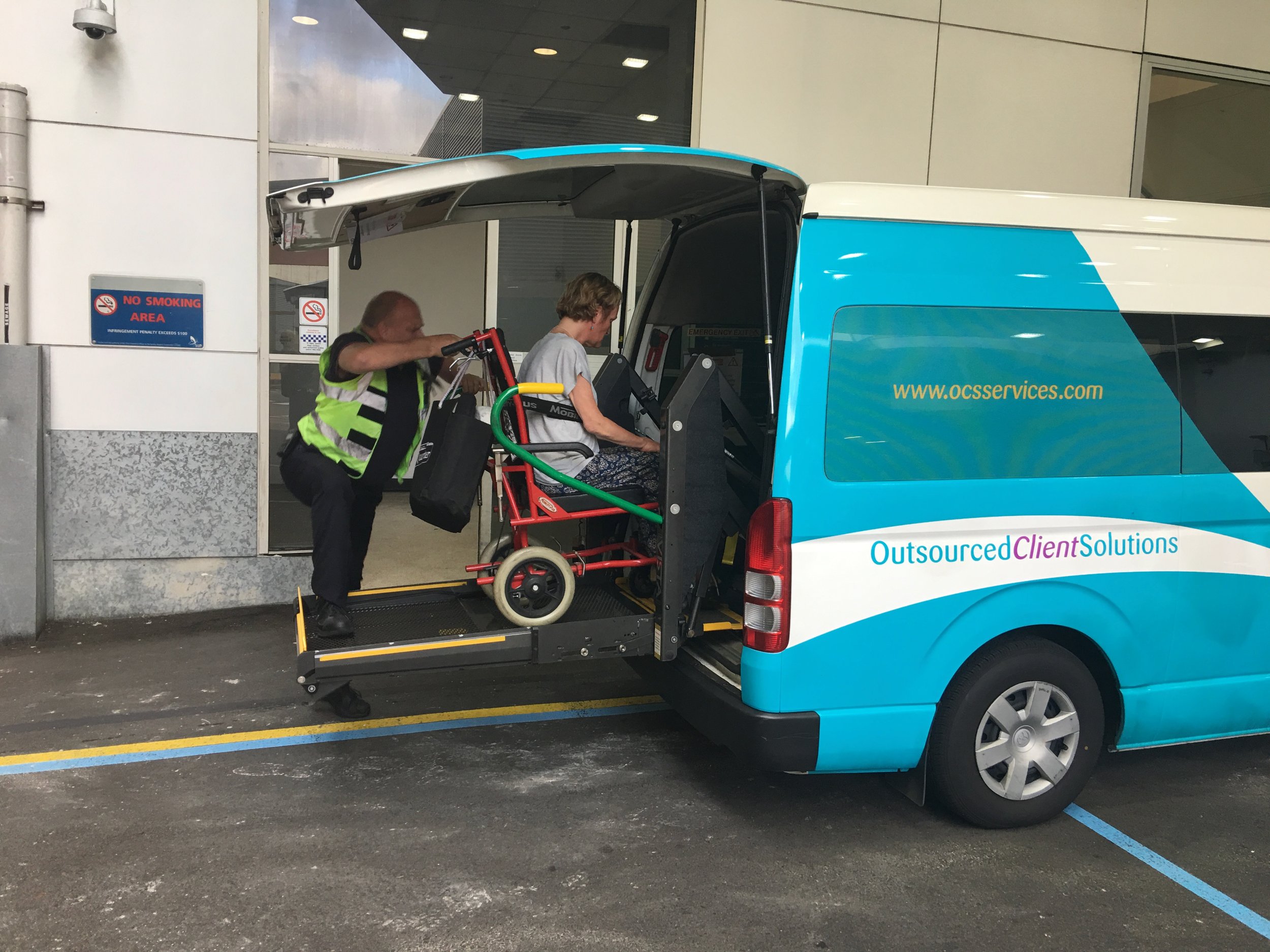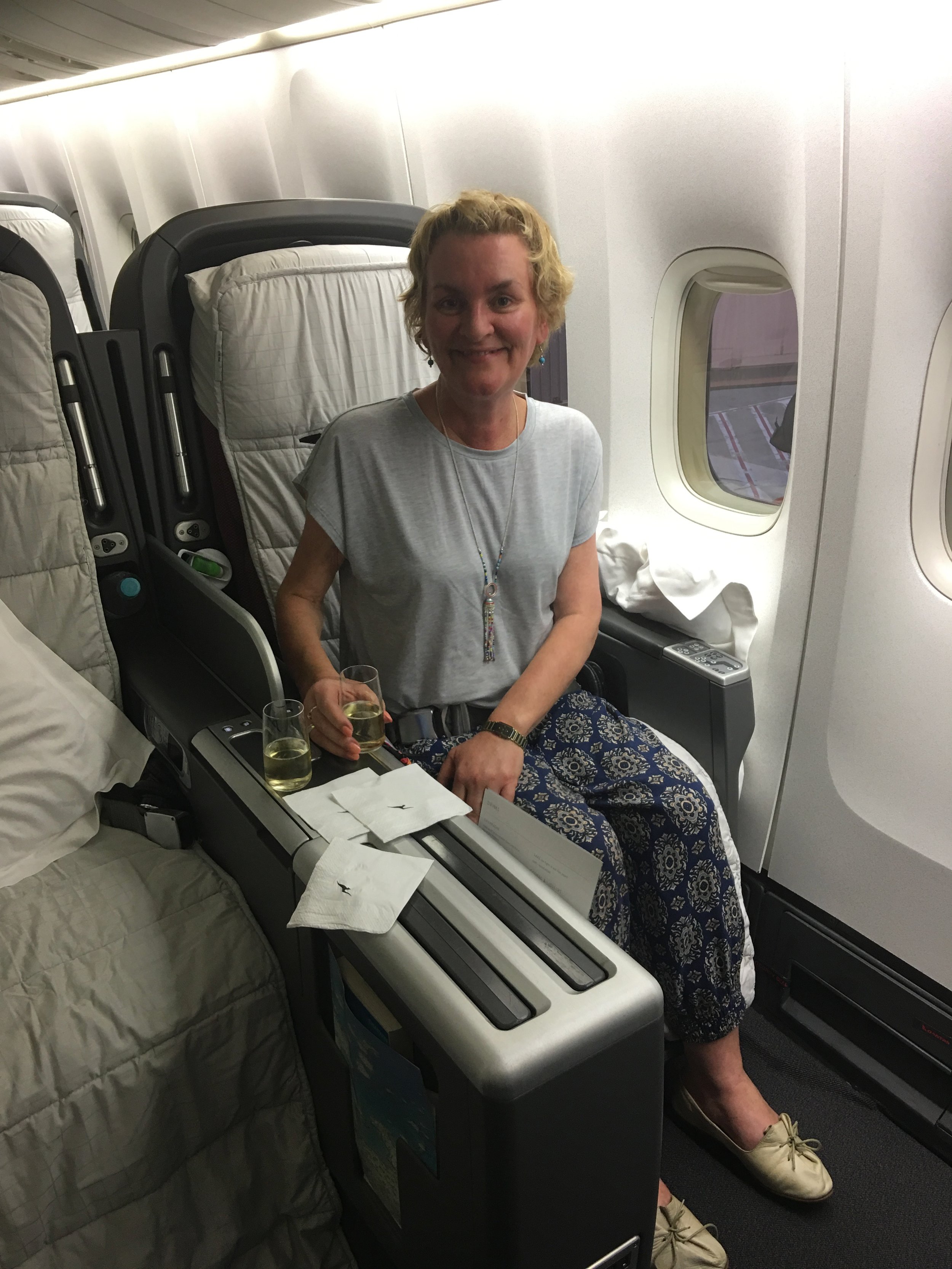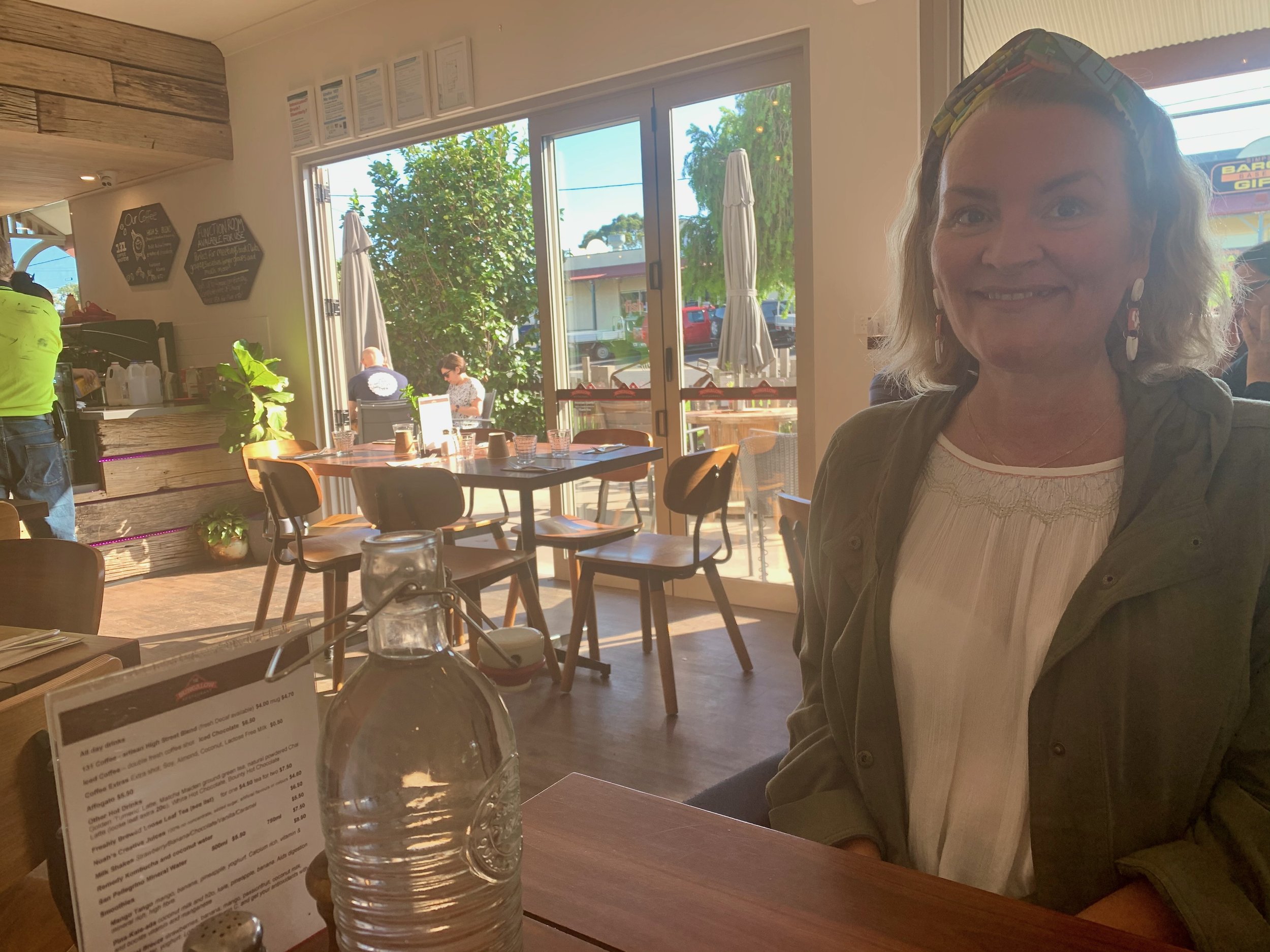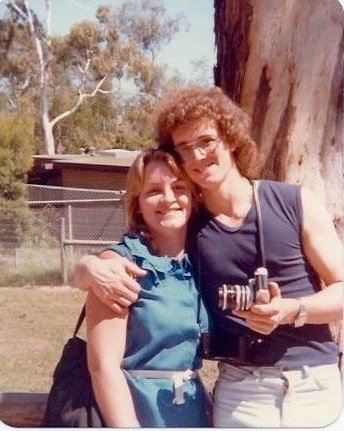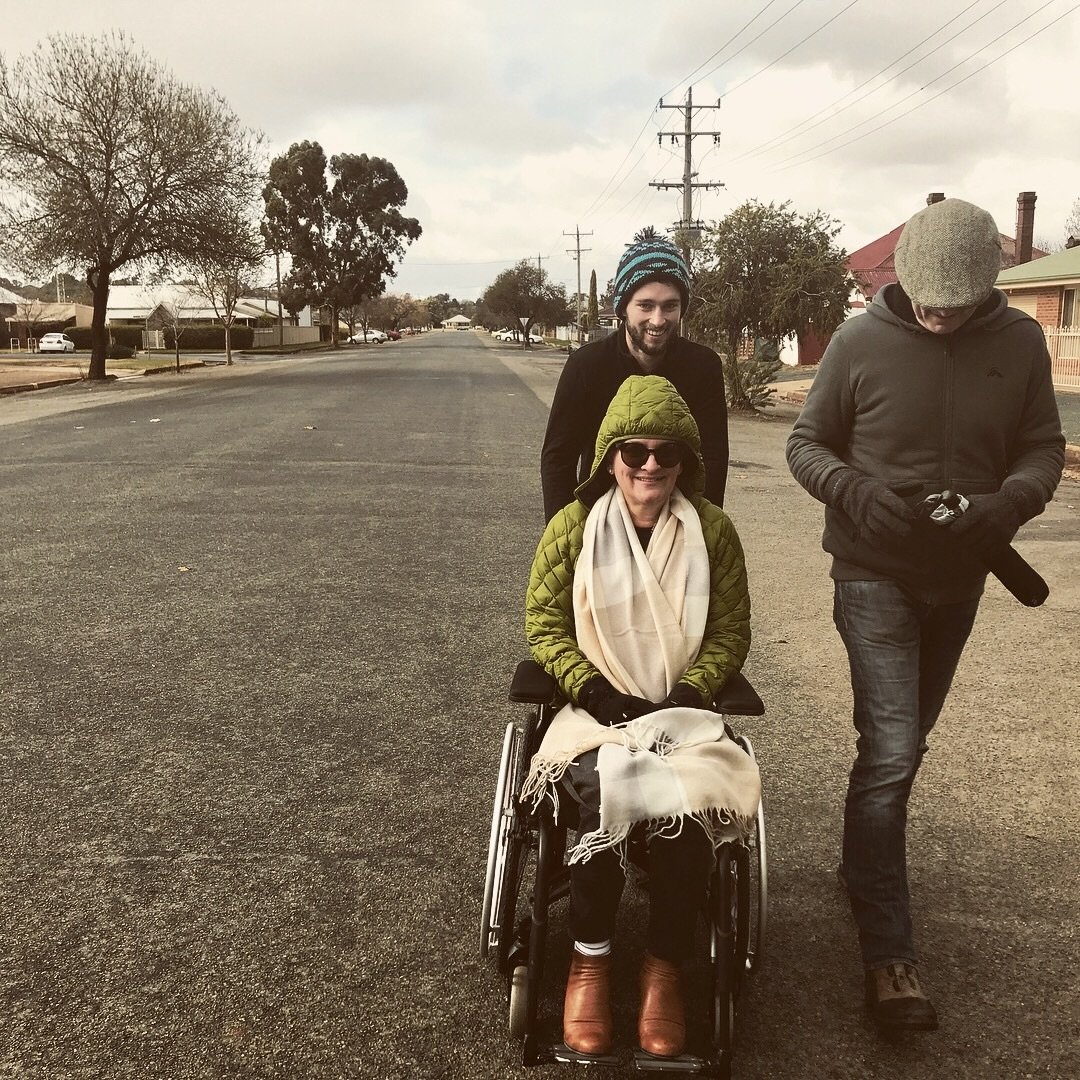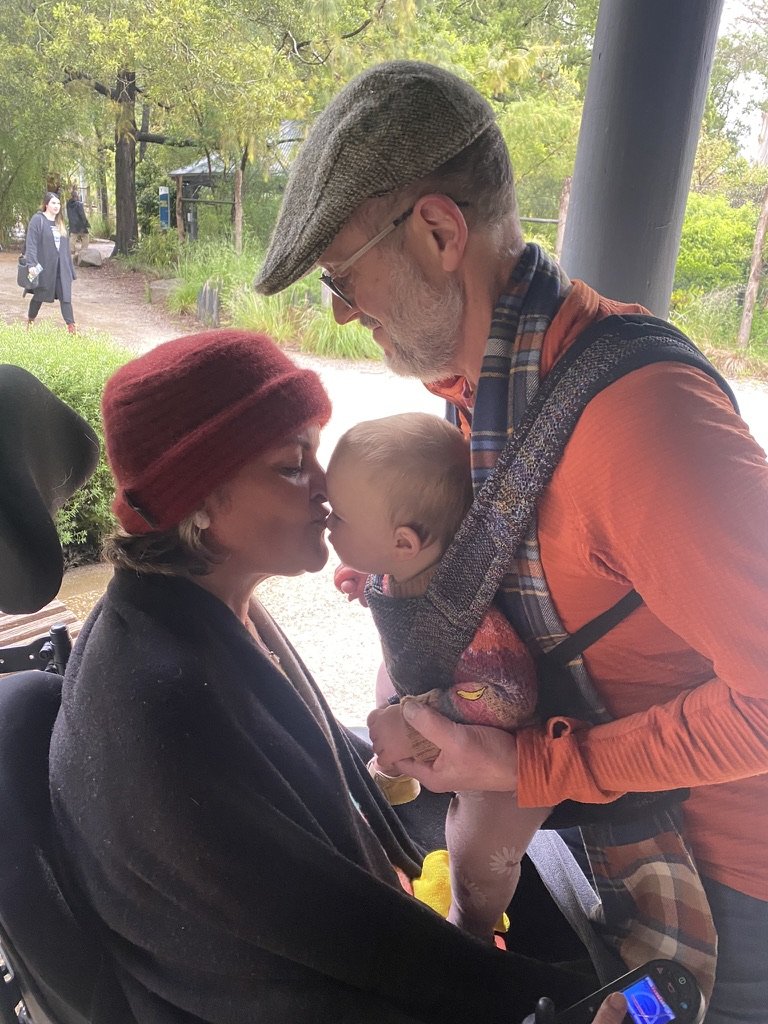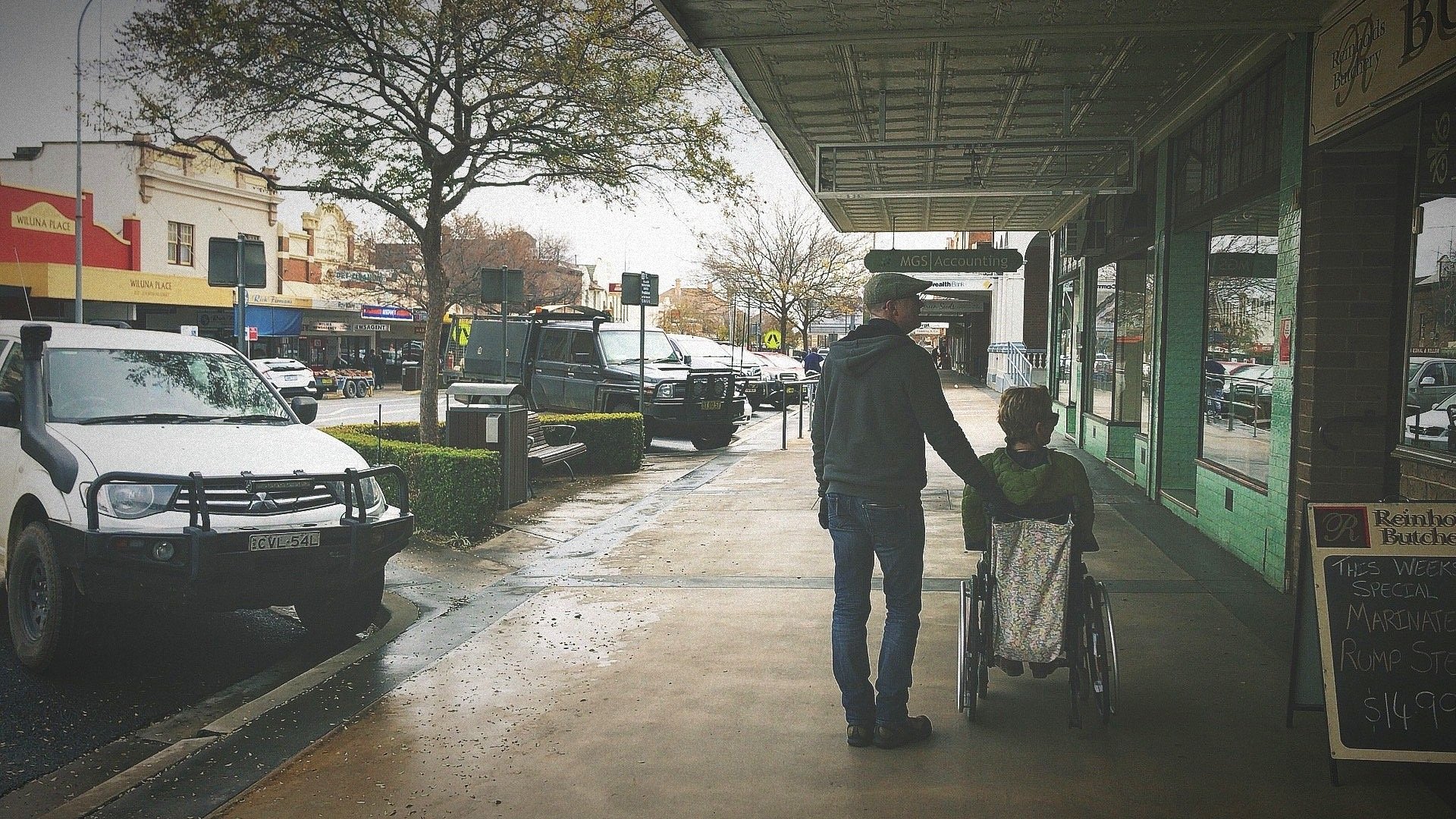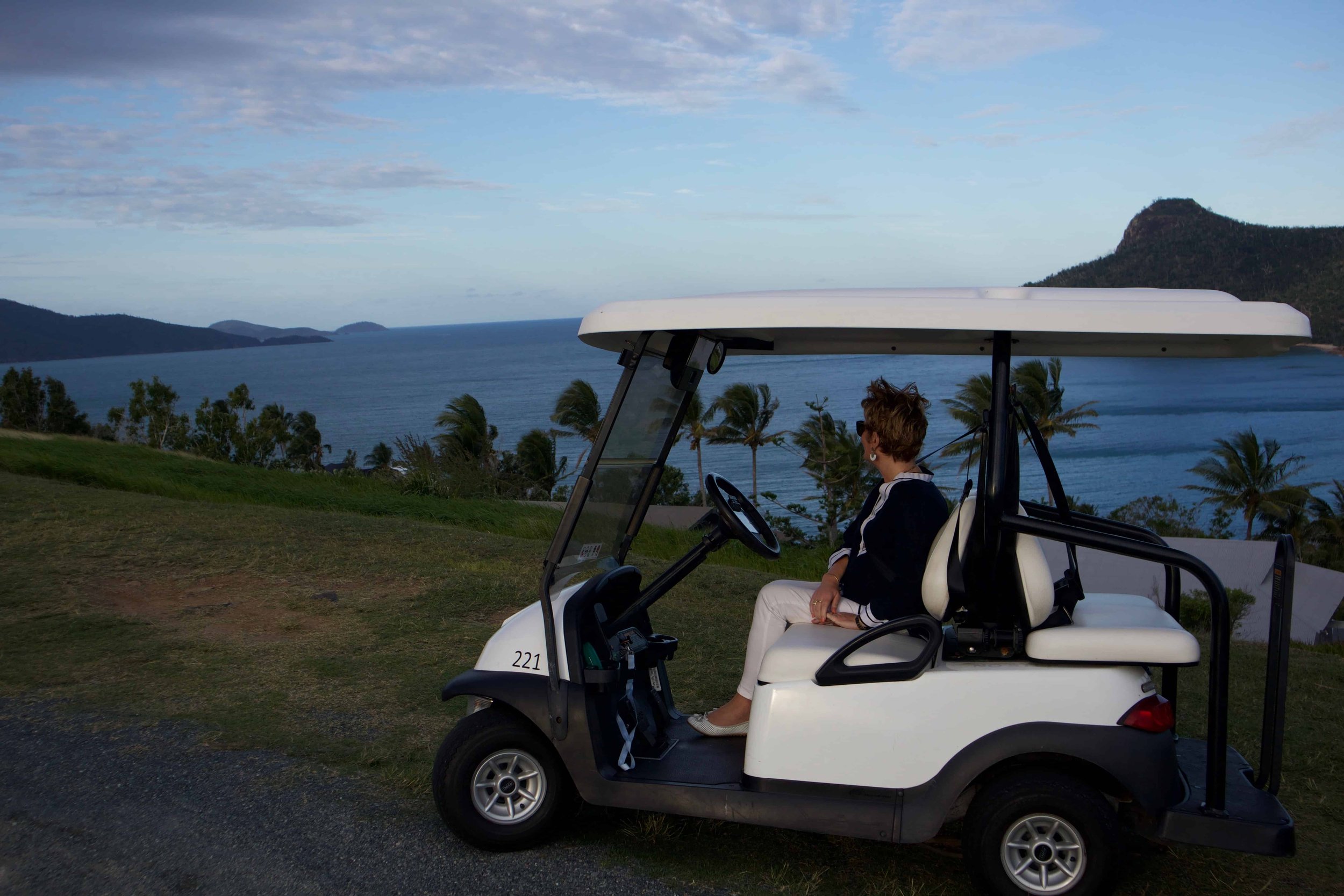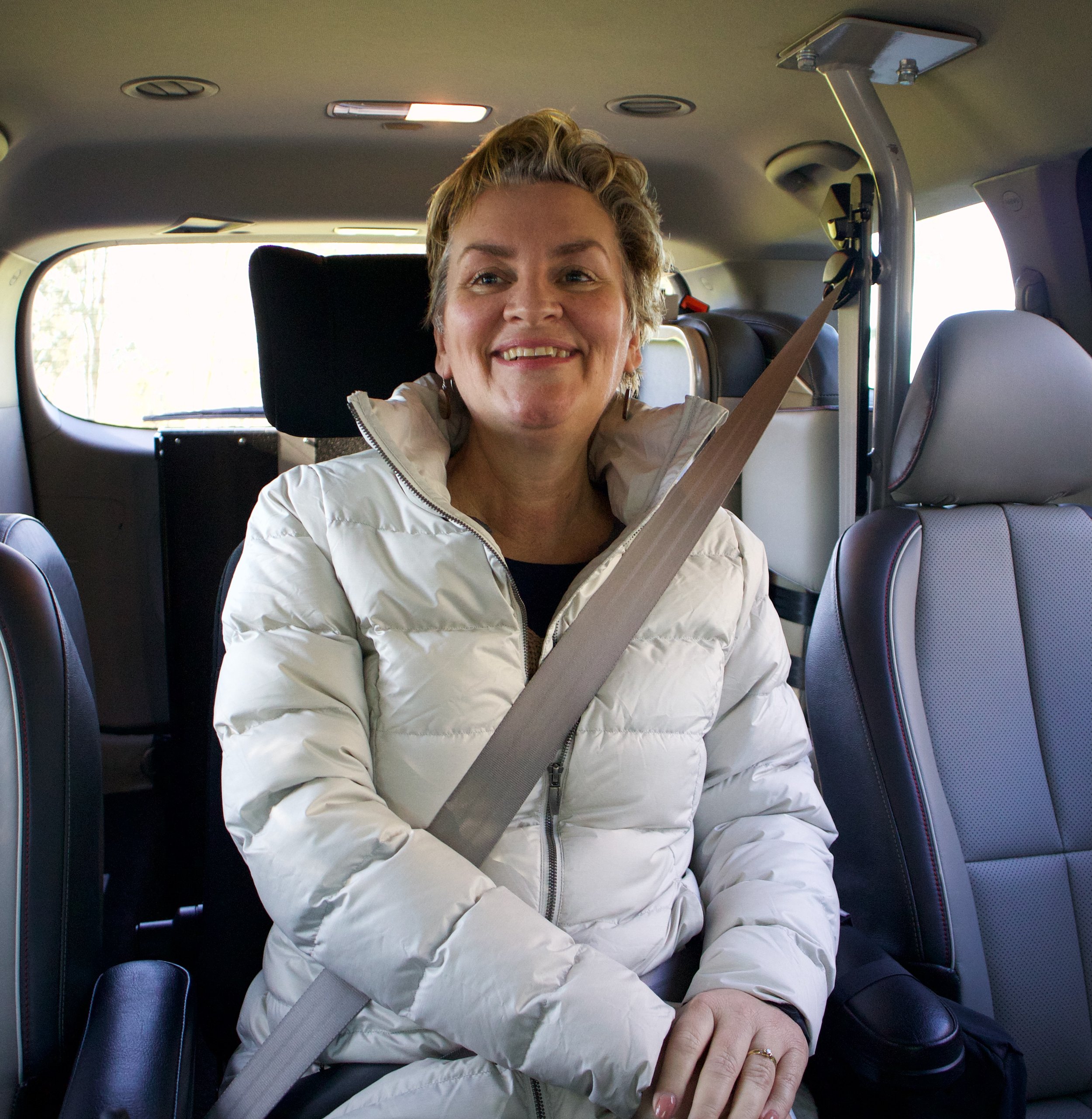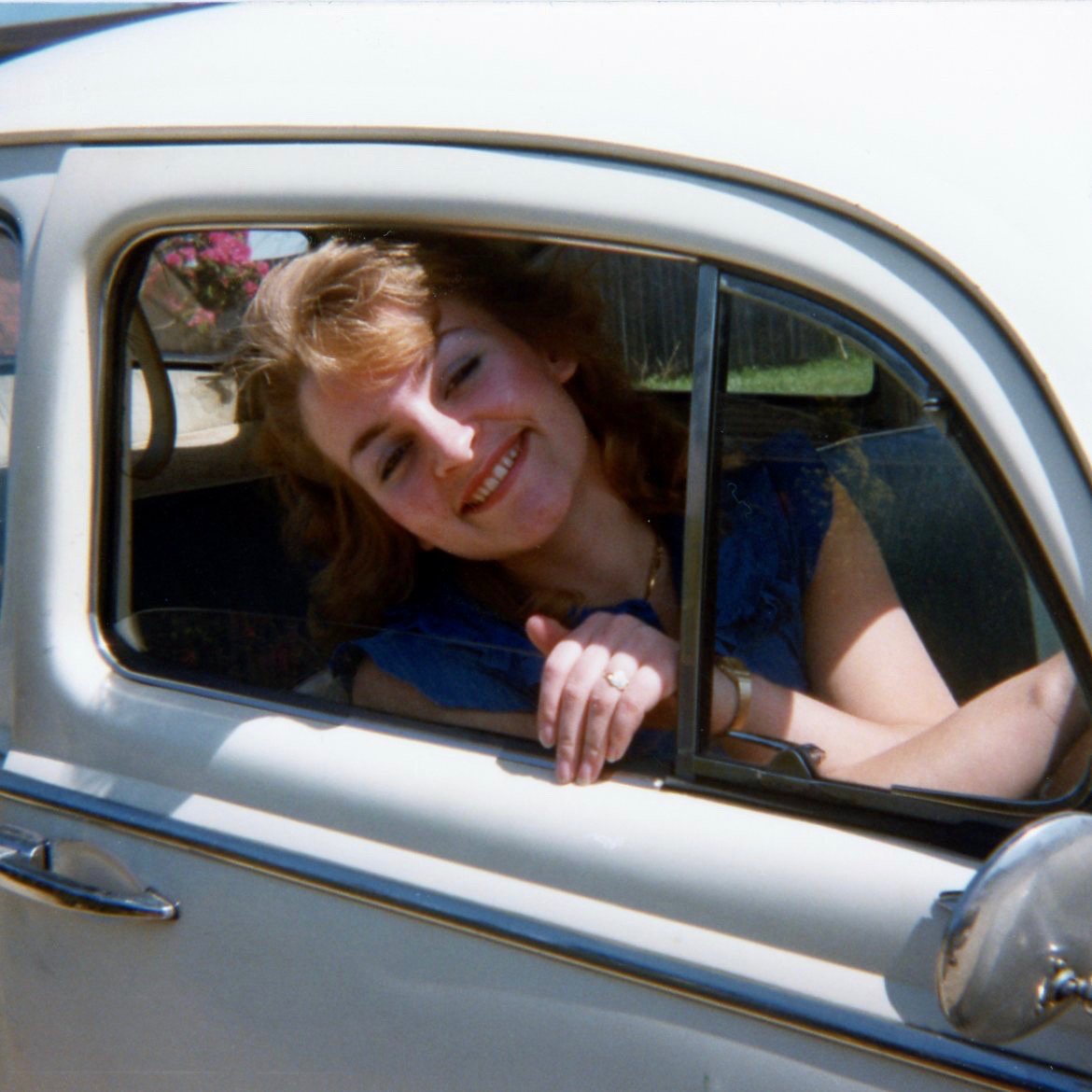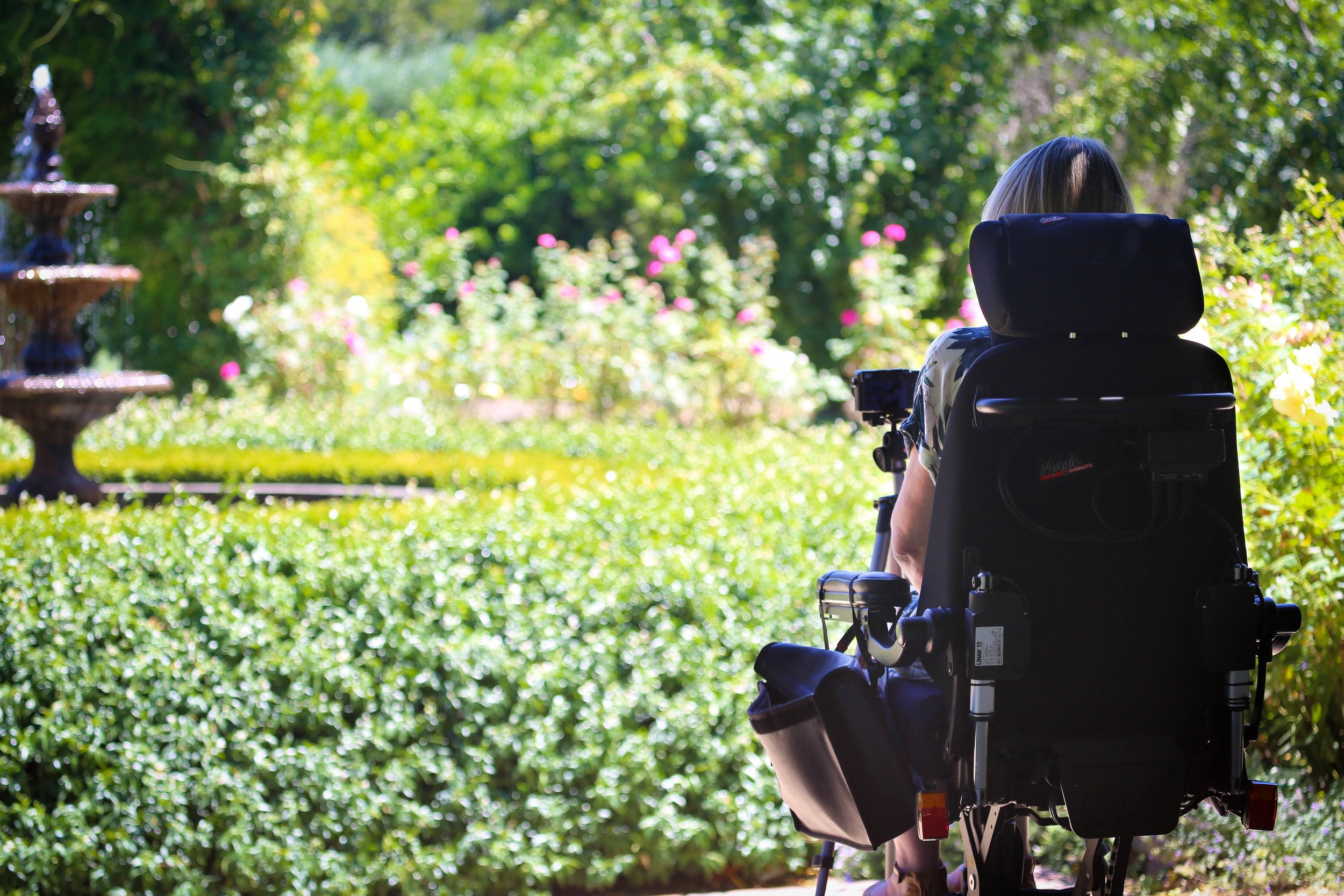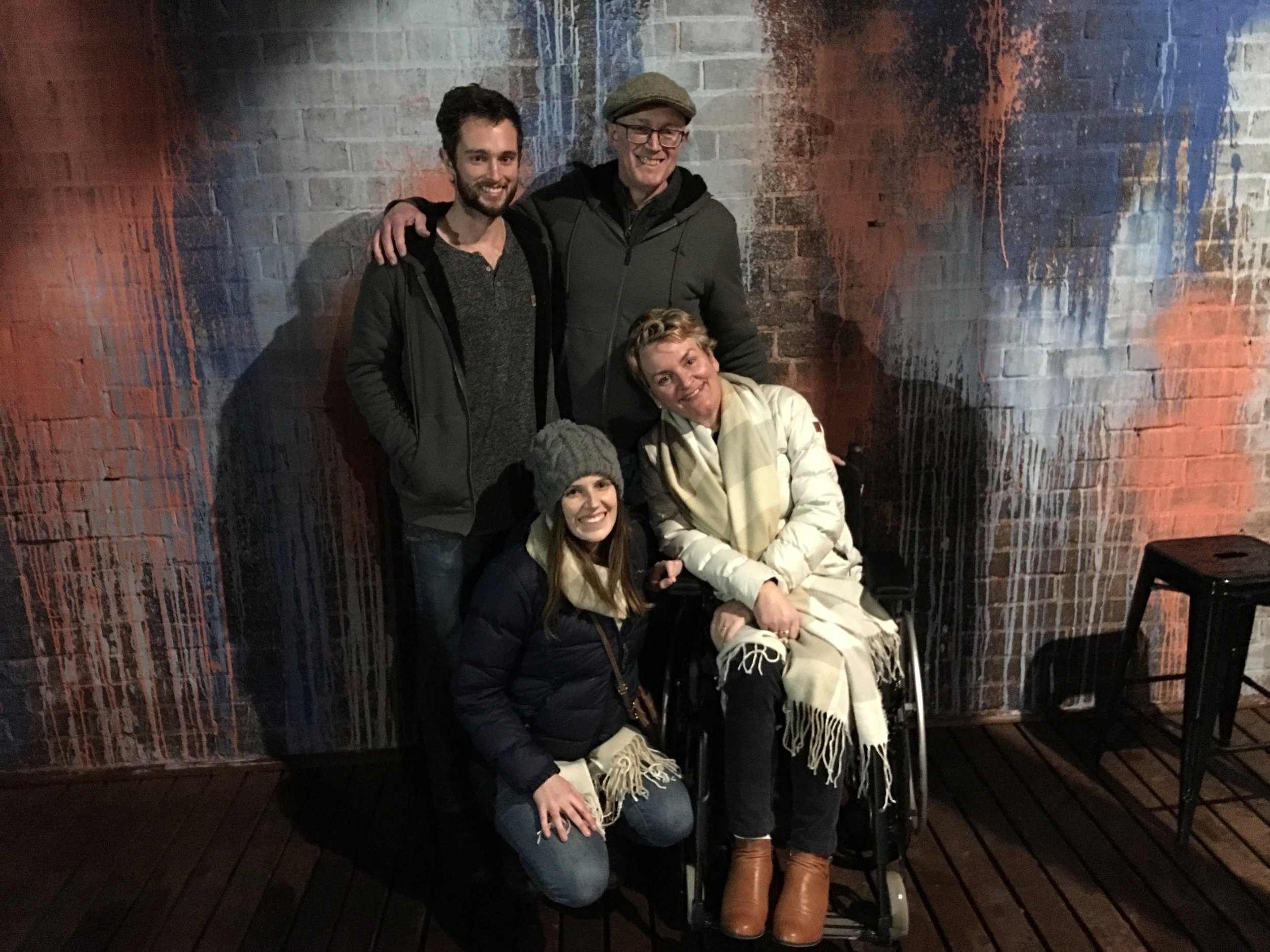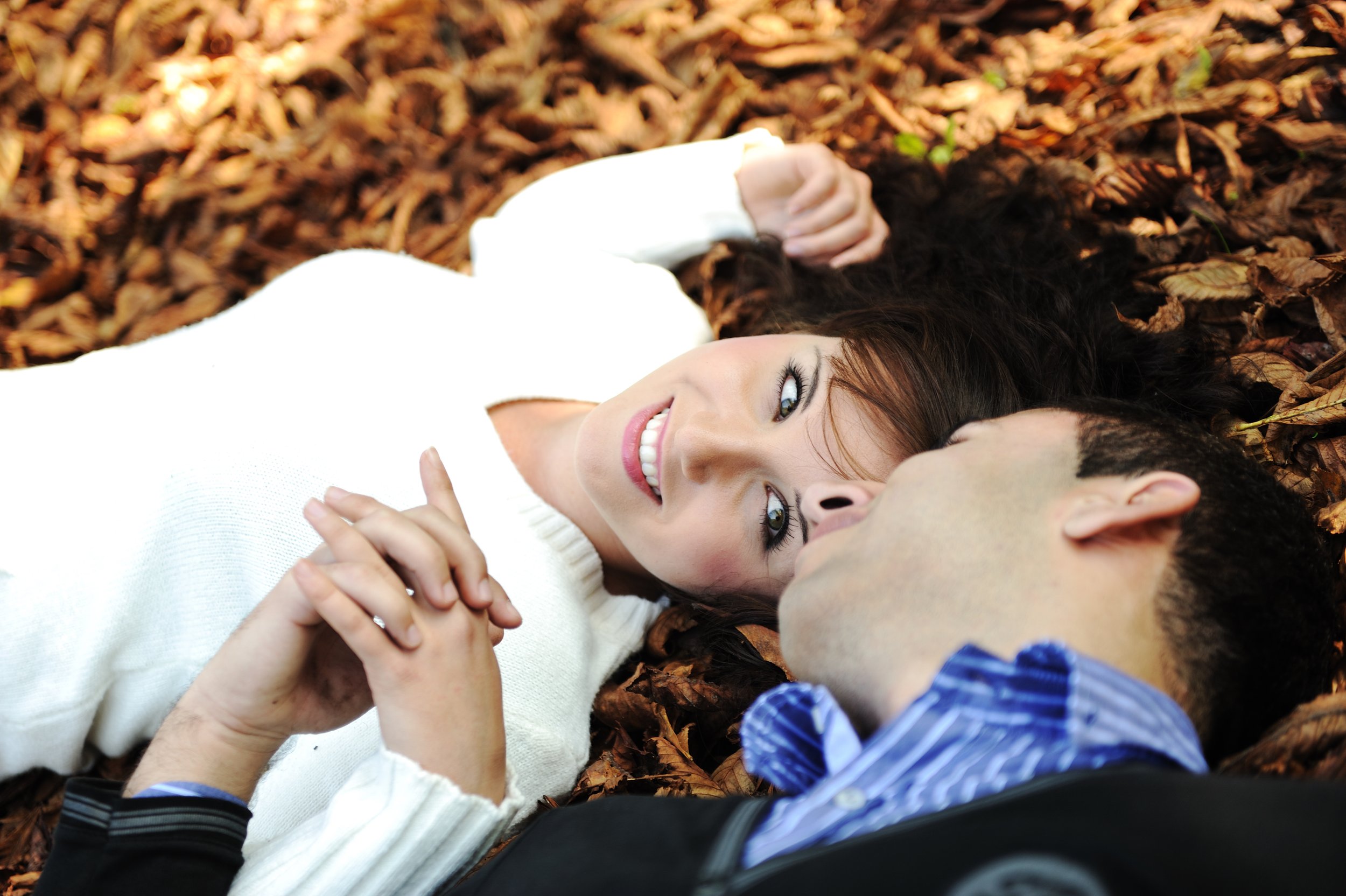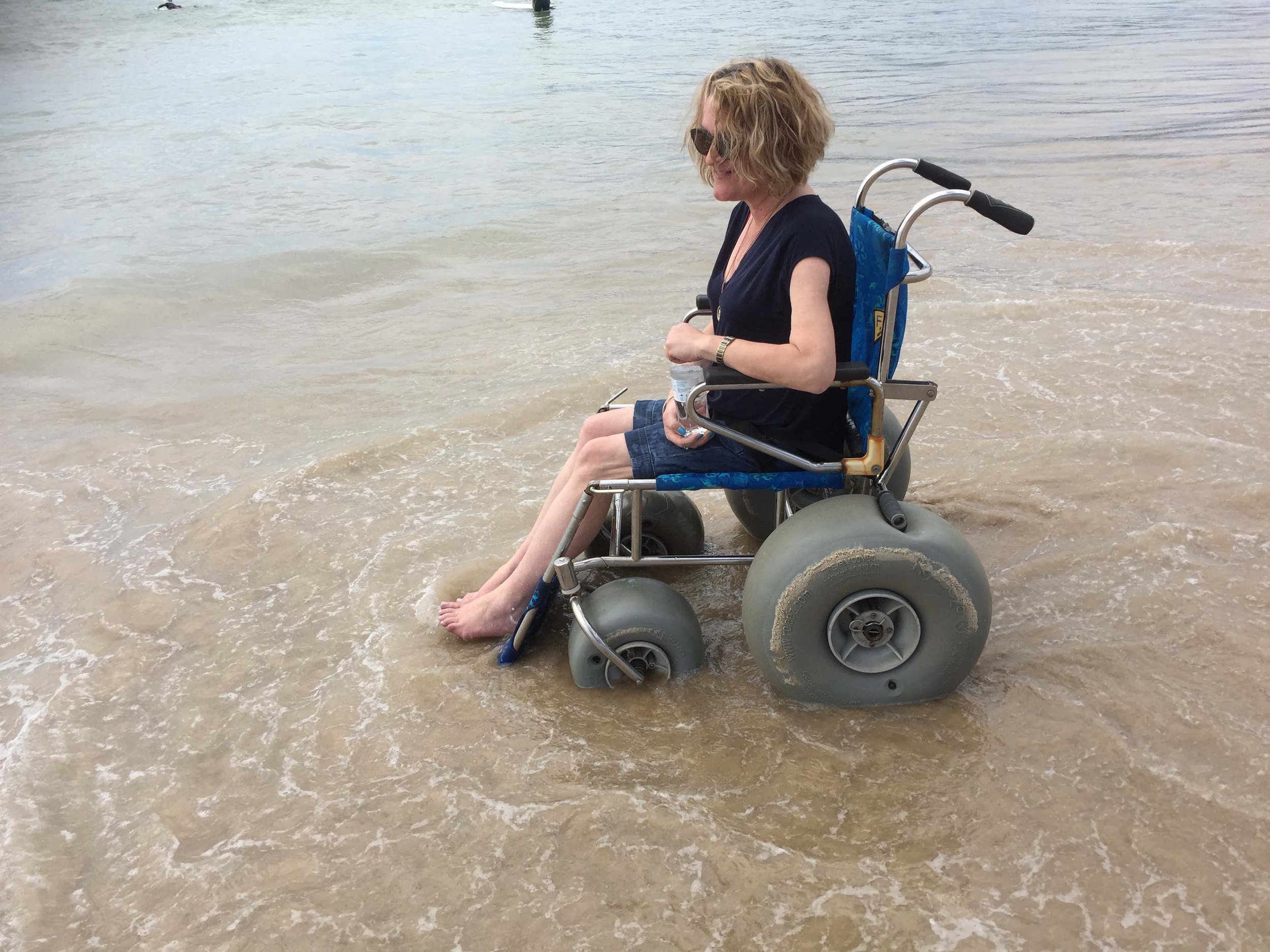-
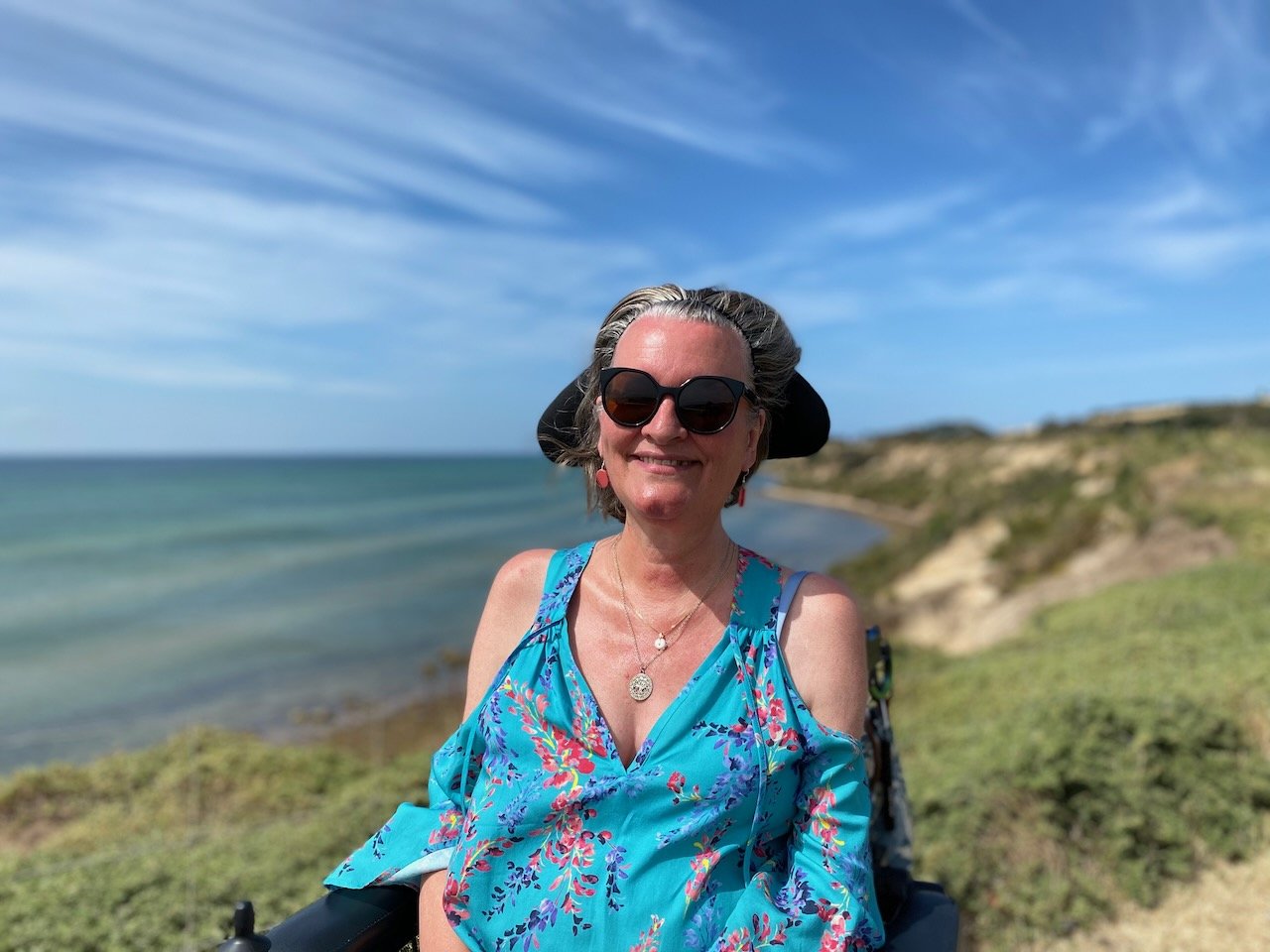
Normalising disability and embracing Inclusion
-

Dismantling misconceptions on my radio show
-

Sharing the reality of disability in my blog
-
Together we are stronger
It's great to have you here.
For many of us, disability is a part of life. For every one of us, feeling included is how we thrive.
I was diagnosed with neuro muscular disease Limb Girdle Muscular Dystrophy at 40. Twenty years on I now rely on others for every part of daily life. On my journey, I have faced prejudice, ableism, and unnecessary difficulty. While my medical prognosis won’t change, I know my disabled life could.
I created this space to share the wins and challenges of travelling, socialising, playing and working in a world that is not yet designed for disability.
My personal blog, accessibility reviews, and radio show aim to dismantle misconceptions and spark dialogue to help us all - disabled or not - see disability not as a limitation, but as a vibrant part of life worth celebrating.
I would love for you to join me.
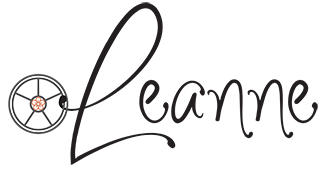
Ready to dive in?
Explore the blog, tune into Rolling Through Wednesday, and discover stories, resources, and insights that celebrate the beauty of inclusion and the power of community.
-

My Blog
Sharing inclusivity and accessibility as a disabled woman with Limb Girdle Muscular Dystrophy
-

My Podcast
Rolling Through Wednesday - stories, resources, and insights that celebrate the beauty of inclusion
-

Accessibility Reviews
Sharing and reviewing my accessible travels through a disability lens
-

Word Nerd
Exploring words or phrases related to disability, inclusion and accessibility
Recently on the blog
